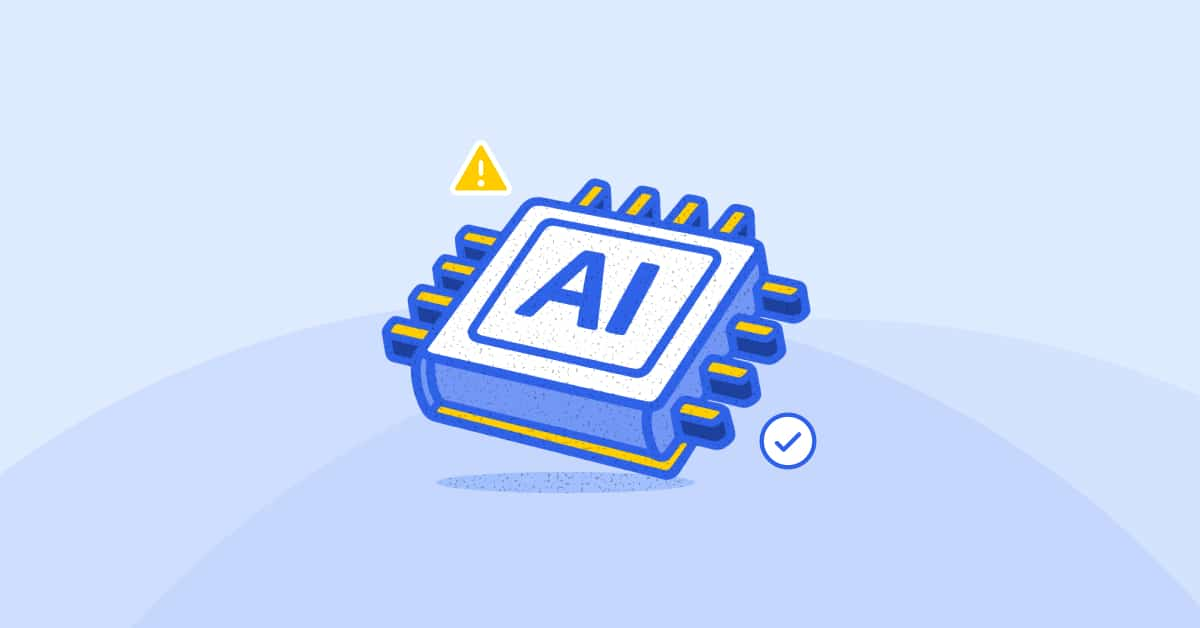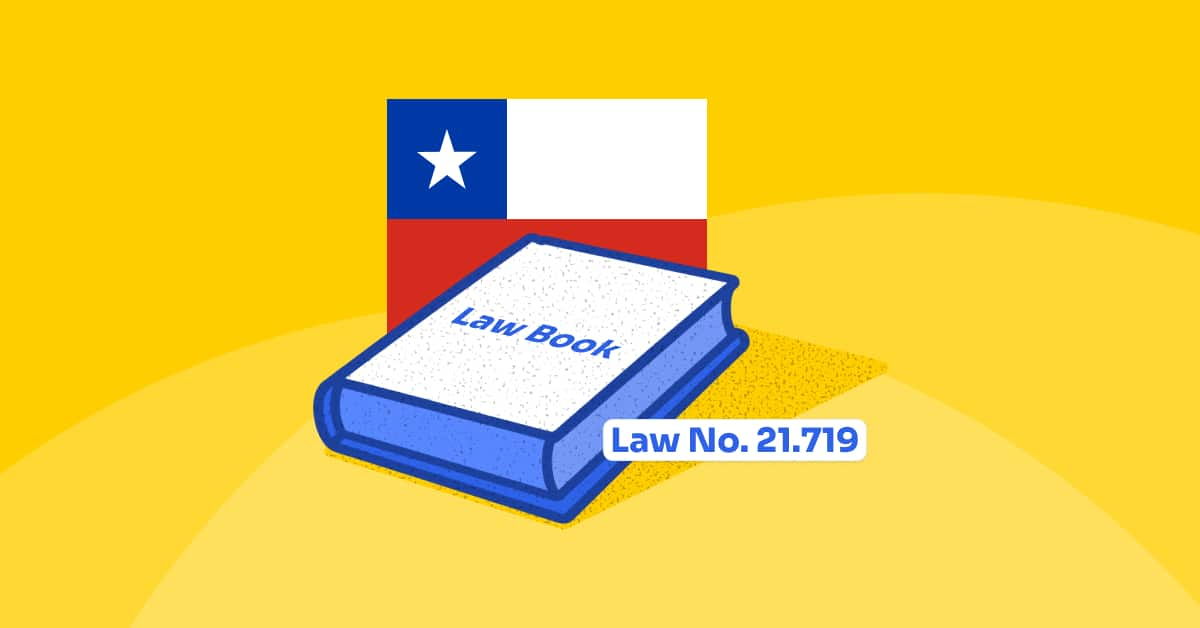Blog
Stay up to date with the latest news, tips, and other helpful information about Privacy & Compliance with GDPR and other data regulations around the world.
Categories
Privacy & Compliance
The Future of Targeted Advertising in a Consent First Era
Introduction Consent-based advertising is a privacy-first approach that gives users meaningful control over how their personal data is collected, processed, and used in digital advertising. Unlike traditional methods that often rely on third-party tracking across websites, consent-based strategies require explicit consent from users before their consumer data, whether from first-party ...
Andromachi Psomiadi
February 18, 2026
Latest articles
HIPAA Compliance Roadmap for 2026: Security, Privacy, and Trust
Andromachi Psomiadi
February 16, 2026
Introduction Healthcare organizations today operate in an environment where safeguarding patient data is not only ...
Google Launches Its AI-Powered Analytics Advisor
Andromachi Psomiadi
February 11, 2026
Introduction Google launches a new generation of AI-powered advisors designed to fundamentally change how marketers ...
The EU Digital Omnibus Proposal Explained
Andromachi Psomiadi
February 9, 2026
Introduction The European Union’s digital rulebook is undergoing a significant transformation. At the heart of ...
Understanding Data Clean Rooms vs. Consent Management Platforms
Andromachi Psomiadi
February 4, 2026
Introduction Organizations must balance the need to analyze customer data, drive strategic insights, and comply ...
AI Risk and Compliance: How to Stay in Control
Andromachi Psomiadi
February 2, 2026
Introduction Artificial intelligence has become a critical driver of innovation across industries, fundamentally reshaping how ...
Chile’s Law No. 21.719 Explained: What Businesses Need to Know
Andromachi Psomiadi
January 28, 2026
Introduction Chile’s Law No. 21.719, widely referred to as the Chilean Personal Data Protection Law, ...
Make your Shopify Store's use of cookies and online tracking compliant today






